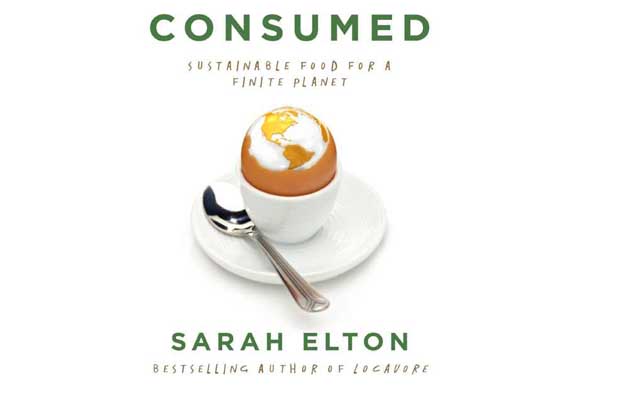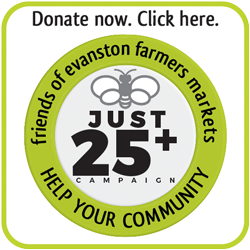In Canadian Sarah Elton’s new book, Consumed, she lays out a loose plan to rescue the world’s farmland and food. Although this reviewer has read many books on the plights of industrial food, this is the first book I’ve read where the author visited three continents to gather her data and stories. The latter is important to me because it’s these narratives of small farmers that are pointing the way of the future.
Elton explains a familiar fact-that the world’s industrialized food production system has only been in operation for 50 years. Throughout her book, she details the effects of these big, mono crop farms on our soil and seeds. She and countless other writers report the losses of fertile soil, indigenous farming practices, local economies, seeds and good food. I kept thinking about the lesson of the Irish potato famine, the lesson thoroughly ignored by the industrial farming world. In a word, it’s biodiversity that only can exist in a sustainable environment. And sustainable isn’t part of the Venn diagram of industrialized food but global warming and pollution are.
I also realized that this industrialized model of food production is what is prompting the development of GMO-genetically modified organisms. Elton acknowledges that technology may temporarily help to increase food production but she rightly worries that the current GMOs do nothing to improve soil, save seeds, improve sustainable environments or provide us with better food.
There’s plenty of well-researched information here supporting the Chicken Little view of industrial farming but, to Elton’s credit, she provides hope when she lays out a plan reversing our current system in the next 50 years. To ensure the future of safe food, she gives examples stretching across three continents of farmers reclaiming their land and practices. They do this through sustainable farming-forsaking pesticides, saving seeds, forming co-ops and SELLING DIRECTLY TO THE CONSUMER.
And here, I’ve saved the best for last. Elton writes about the role of us-the eaters! Yes, we are the consumers that can save soils, seeds, sustainable farming practices and create a better, natural world. Without us, farmers can’t do their important work. This is no time to sit on the sidelines claiming “no time to cook!” We, too, can be the heroes who buy, cook and eat for a future.




